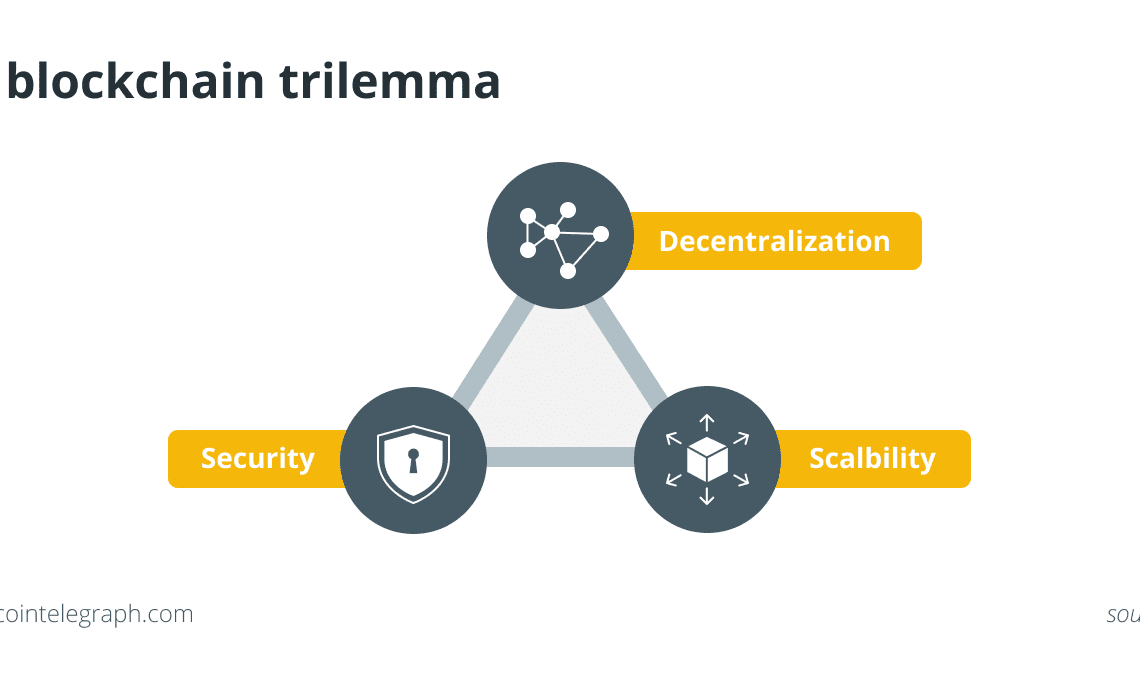App-specific blockchains, or appchains, are specifically designed to support the creation and deployment of decentralized applications (DApps). In an appchain, each app runs on its separate blockchain, linked to the main chain. This allows for greater scalability and flexibility, as each app can be customized and optimized for its specific use case.
Appchains are also an alternative solution for scalability to modular blockchains or layer-2 protocols. Appchains present similar characteristics to modular blockchains, as it is a type of blockchain architecture that separates the data, transaction processing and consensus processing elements into distinct modules that can be combined in various ways. These can be thought of as “pluggable modules” that can be swapped out or combined depending on the use case.
This separation of functions is why there’s greater flexibility and adaptability to appchains compared to traditional, monolithic blockchain architectures, where these functions are all built into one program. They allow for the creation of customized, sovereign blockchains — tailored to meet specific needs and use cases — where users can focus on specific tasks while offloading the rest to other layers. This can be beneficial regarding resource management, as it allows different parties to specialize in different areas and share the workload.
The scalability of blockchain technology is a key factor for its future success. Due to the scalability issues in layer-1 blockchain architecture, there has been a shift toward using modular blockchains or layer-2 protocols, which offer solutions to the limitations of monolithic systems.
As a result, the adoption of layer-2 networks is increasing, as they provide a way to address scalability and other issues in current blockchain networks, particularly for a layer-1 like Ethereum. Layer-2 protocols offer lower transaction fees, fewer capacity constraints and faster transaction speeds that paved the way for its growing adoption, catching the attention of 600,000 users.
Appchains vs. monolithic chains
Appchains are not entirely different from monolithic chains. Monolithic chains, like appchains, follow the fat-protocol thesis where a single chain handles most decentralized finance (DeFi) activity and settles everything on one layer with a valuable token. However, layer-1 blockchains are hard to scale. Appchains don’t currently have the…
Click Here to Read the Full Original Article at Cointelegraph.com News…
























